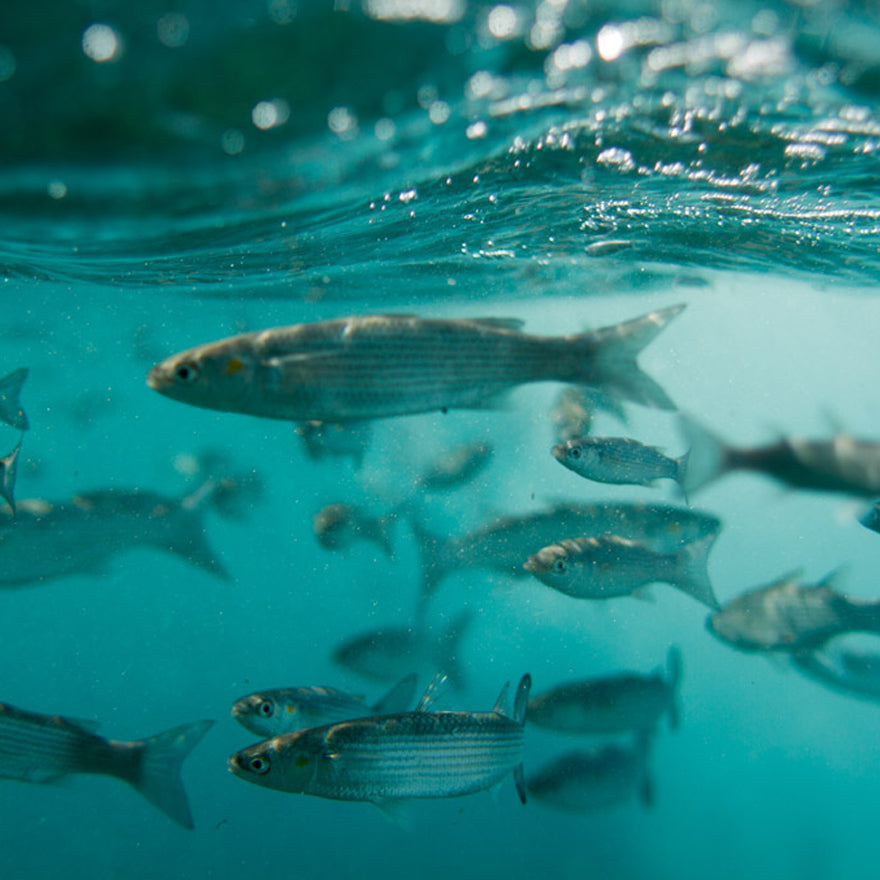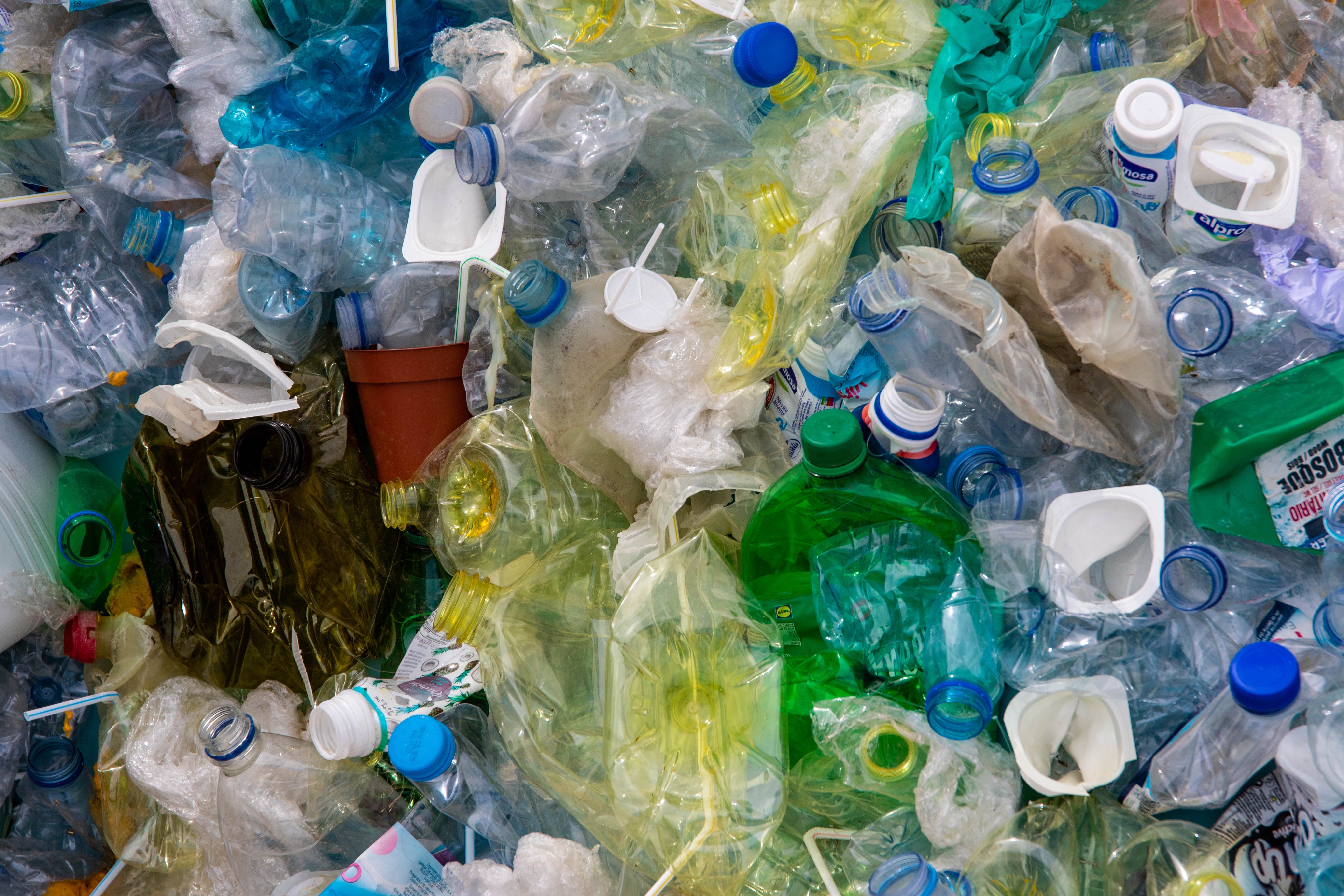Planet
We are a leading gear and apparel brand committed to sustainability, upcycling and environmental stewardship. We strive to craft high-quality products whilst minimising our environmental impact by turning waste destined for landfill into beautiful, valuable and durable products.

Carbon Neutrality
Recent changes in EU legislation have prompted a rethink of our carbon neutral claim. The Green Claims Directive & the Corporate Sustainability Reporting Directive represent some of the most stringent environmental communication regulations in the world, and introduce strict laws regarding the communication of environmental achievements. Although we report accurately and honestly on our activities, these directives drew attention to potential data and policy deficiencies within our carbon accounting program. Most of our emissions come from raw material processing/recycling and textile manufacture, something we had accounted for and don’t directly manage, but support through our purchases.
The EU Directives advise against this, and global sentiment has changed - offsetting for these third-party emissions is no longer considered enough to be carbon neutral. Rescinding the carbon neutral claim allows us to reevaluate our processes, identify areas for improvement, implement robust measures to reduce our footprint and maintain compliance, voluntarily, with the most strict environmental legislation in the world.

Path Forward to Achieve and Verify Carbon Neutrality
1) Carbon Footprint Assessment: including all direct and indirect emissions associated with our manufacturing processes, transportation, and supply chain activities.
2) Emissions Reduction Strategies: minimise our carbon footprint by exploring investment in renewable energy sources, optimising production processes, reducing waste, and promoting energy efficiency throughout our operations.
3) Carbon Offsetting: offset emissions that cannot be eliminated through internal reduction measures by investing in high-quality carbon offset projects.
4) Transparency and Reporting: regularly disclosing our carbon footprint data, emissions reduction initiatives, and progress towards carbon neutrality goals.

Waste Diversion
OFFCUTS
Sealand, and the Cape Town textile industry as a whole, was dealt a massive blow when a popular textile offcut recycler and long-time partner changed their business model and moved towards accepting only cotton waste. As we do not produce cotton waste locally, but rather offcuts of our other materials, this was devastating for our industrial waste diversion options. We have worked with a number of partners, including Injongo Educare center, Wastecrete and Steenberg High School, who find value in remaking these materials for new products and art.
INTERNAL & OFFICE WASTE
Sealand has partnered with Plant The Seed, a local recycling business, to provide separate bins, signage and recycling options for our office and production waste streams. Cardboard and paper, glass, plastic and metal is currently recycled in all of our work spaces, with a total of 540.8 kilos having been diverted over 2023, representing an astounding 89.9% of our office waste.


